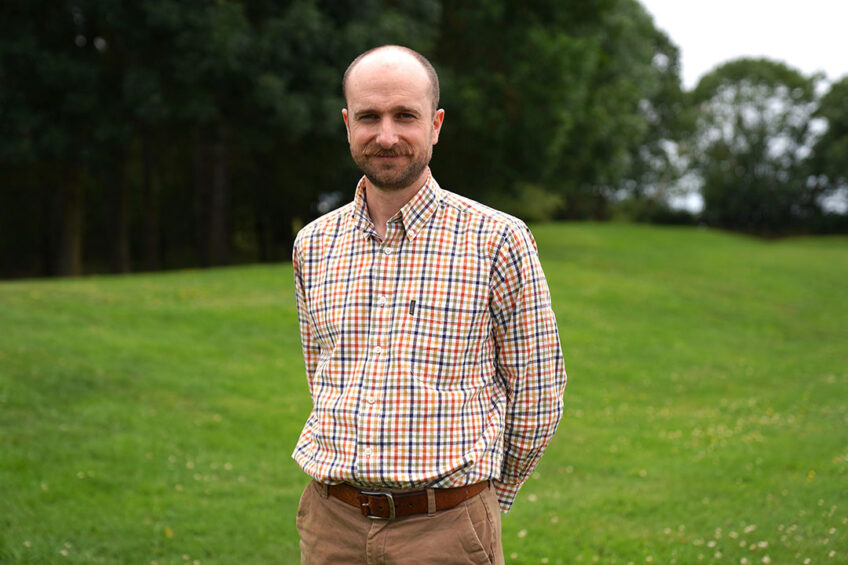Column: Balanced judgment needed in the poultry sector

Non-governmental organisations (NGOs) are changing the way that our food systems operate. They are extremely well funded, often creating misleading and emotive content to grab attention and donations from the public. They attack all parts of the supply chain, challenging the government, breaking into farms and producing smear campaigns against retailers.
In a recent case in the United Kingdom, animal welfare groups challenged the government on the legality of standard broilers. The argument put forward was that the growth rates that have been developed in modern broilers leave them unable to live without developing welfare issues. The Humane League UK provocatively brands them ‘Frankenchickens’.
The case attracted a lot of attention, with celebrities turning up outside the court to support their cause. The RSPCA gave evidence to the judge. If they were successful, it would have forced unjustified change on our already struggling farming system and made food prices even more expensive at a time when inflation is already at historic levels.
Genetics not a predetermining factor
Fortunately, the judge was very thorough in his assessment of the situation. He managed to deliver a balanced judgment despite the media storm which the well-funded animal welfare charities were trying to create. Sir Ross Cranston ruled that the law had not been broken and that fast-growing broilers could be kept without detriment to their welfare. He reasoned that the influence of the environment is significant on welfare outcomes and therefore genetics could not be a predetermining factor. The Humane League UK is appealing the decision.
Meeting Better Chicken Commitment obligations
This will have an impact on the roll-out of the Better Chicken Commitment in the UK. Some retailers are now choosing to downstock their farms to 30 kg/m² but leave the breed unchanged. If large retailers don’t commit then it will make it much more challenging for companies like Nestlé, Unilever and Kraft Heinz to meet their BCC obligations due to the low volume of BCC chicken in the market.
Being held to account
The relationship between welfare groups and the poultry industry is a complex one. Some groups are pragmatic and engaged in dialogue, while others are run by activists who are breaking into farms and intimidating people. Although they are united under the Better Chicken Commitment, there are also wide differences in opinion between them. They do need to have a place at the table in the discussion around how we produce chicken. As an industry we need people to hold us to account but it has to be in the right way. I am not sure that legal battles help in bringing us closer together, that’s for sure.













